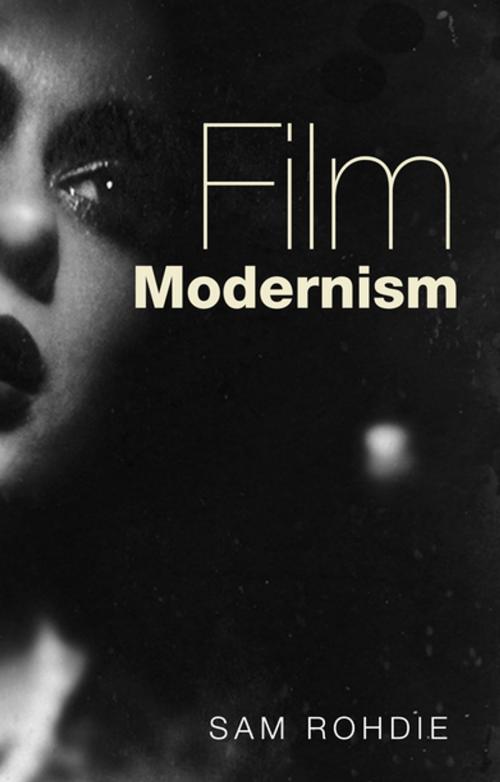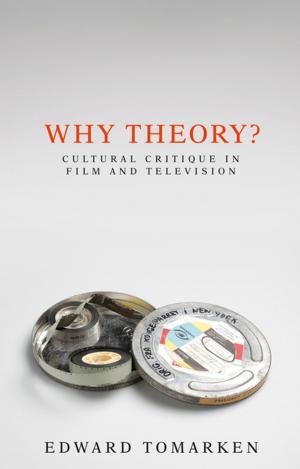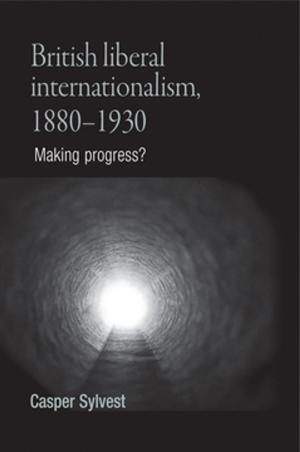Film modernism
Fiction & Literature, Literary Theory & Criticism, British, Nonfiction, Entertainment, Film, History & Criticism, Performing Arts| Author: | Sam Rohdie | ISBN: | 9781784996062 |
| Publisher: | Manchester University Press | Publication: | September 1, 2015 |
| Imprint: | Manchester University Press | Language: | English |
| Author: | Sam Rohdie |
| ISBN: | 9781784996062 |
| Publisher: | Manchester University Press |
| Publication: | September 1, 2015 |
| Imprint: | Manchester University Press |
| Language: | English |
This book is at once a detailed study of a range of individual filmmakers and a study of the modernism in which they are situated. It consists of fifty categories arranged in alphabetical order, among which are allegory, bricolage, classicism, contradiction, desire, destructuring and writing. Each category, though autonomous, interacts, intersects and juxtaposes with the others, entering into a dialogue with them and in so doing creates connections, illuminations, associations and rhymes which may not have arisen in a more conventional framework. The author refers to particular films and directors that raise questions related to modernism, and, inevitably, thereby to classicism. Jean-Luc Godard’s work is at the centre of the book, though it spreads out, evokes and echoes other filmmakers and their work, including the films of Michelangelo Antonioni, Bernardo Bertolucci, John Ford, Howard Hawks, Alfred Hitchcock, João César Monteiro, Pier Paolo Pasolini and Orson Welles. This innovative and eloquently written text book will be an essential resource for all film students.
This book is at once a detailed study of a range of individual filmmakers and a study of the modernism in which they are situated. It consists of fifty categories arranged in alphabetical order, among which are allegory, bricolage, classicism, contradiction, desire, destructuring and writing. Each category, though autonomous, interacts, intersects and juxtaposes with the others, entering into a dialogue with them and in so doing creates connections, illuminations, associations and rhymes which may not have arisen in a more conventional framework. The author refers to particular films and directors that raise questions related to modernism, and, inevitably, thereby to classicism. Jean-Luc Godard’s work is at the centre of the book, though it spreads out, evokes and echoes other filmmakers and their work, including the films of Michelangelo Antonioni, Bernardo Bertolucci, John Ford, Howard Hawks, Alfred Hitchcock, João César Monteiro, Pier Paolo Pasolini and Orson Welles. This innovative and eloquently written text book will be an essential resource for all film students.















